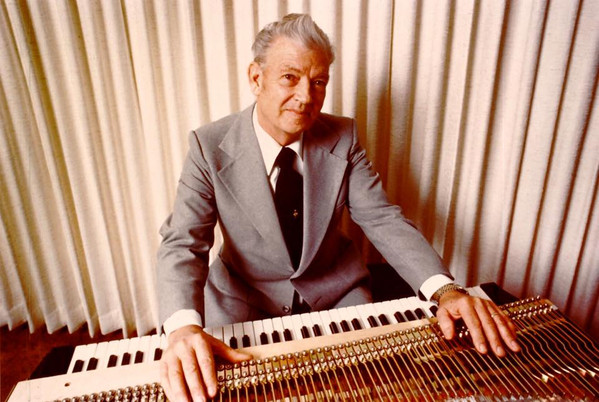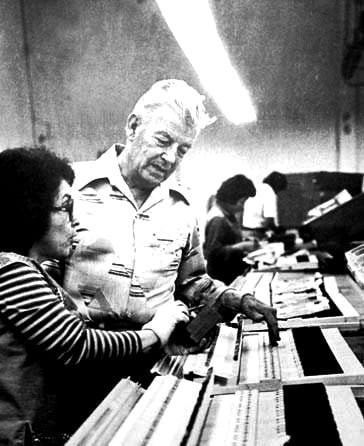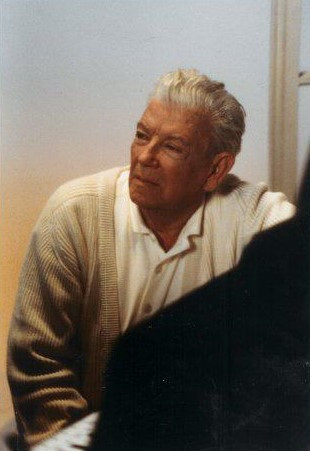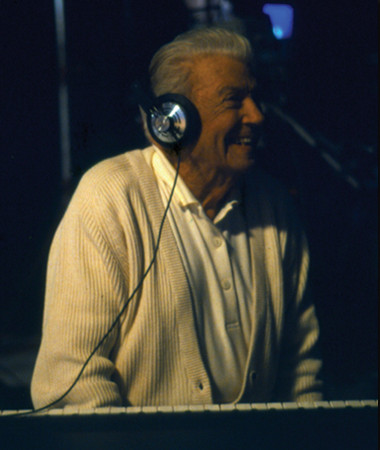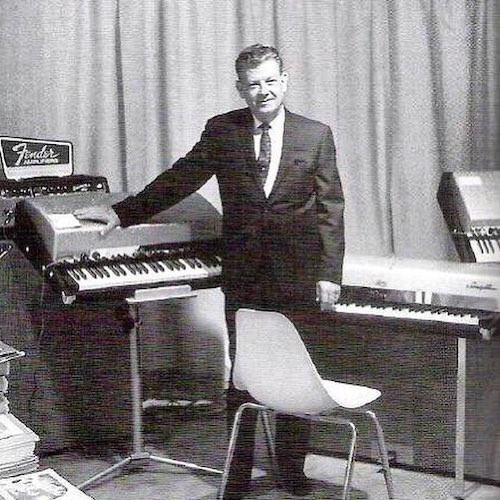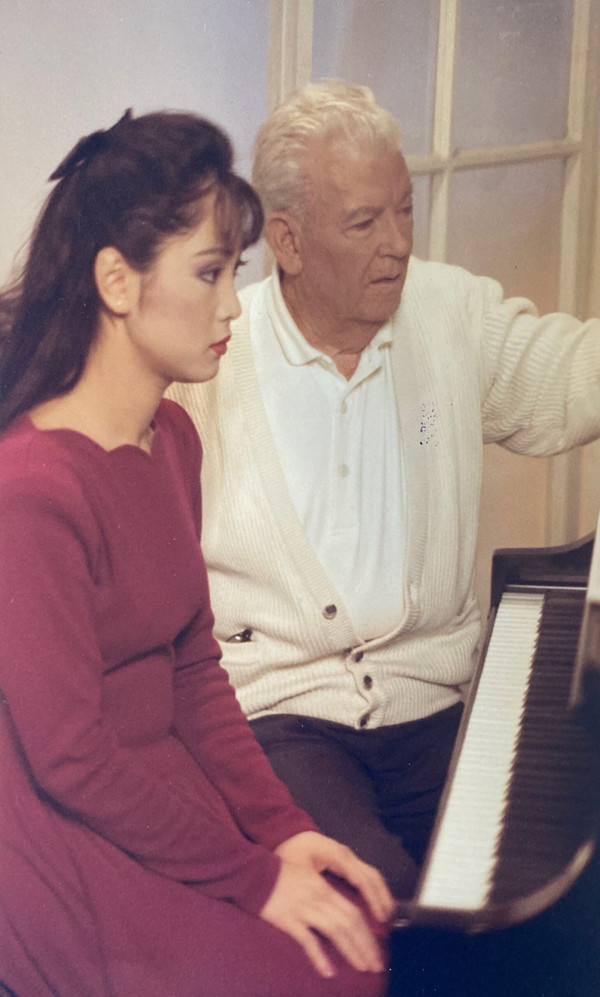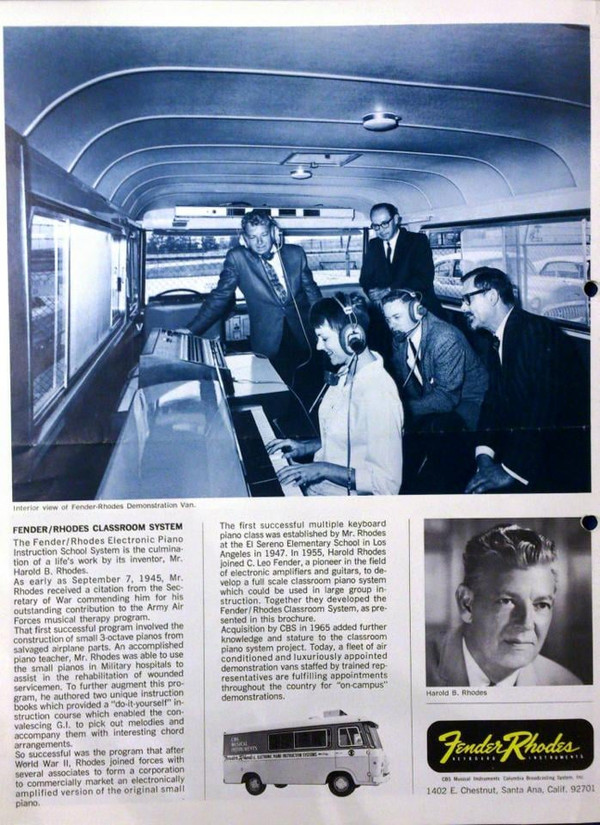Harold Rhodes
Настоящее имя: Harold Rhodes
Об исполнителе:
Harold Rhodes (28 December 1910, San Fernando, California — 17 December 2000, Canoga Park) was an American piano teacher and inventor renowned for creating the Fender Rhodes piano, widely adopted by numerous rock, jazz, and pop musicians since 1965. He earned a one-off "Education and Sound & Instrument Science Lifetime Achievement" 1997 Grammy Award from NARAS. Rhodes grew up in California and won a scholarship to study architecture at the University Of Southern California; in 1929, he dropped out to support his family as the US economy worsened. Harold gave private piano lessons and soon envisioned a new teaching approach — Rhodes wanted to streamline the process for beginners and flatten the "learning curve," adopting jazz improvisational techniques to compliment the solfeggio and traditional piano instructions. Harry Rhodes served in the Army Air Corps during the Second World War, regularly performing for wounded soldiers. Since most military hospitals didn't have pianos, Harold Rhodes designed a portable "lap model piano" with a folding 29-note keyboard in 1942 (a xylophone-type instrument made with spare aluminum tubings from Boeing B-17 "Flying Fortress" heavy bomber). After WWII, he founded the Rhodes Piano Corporation to market his invention as "Pre-Piano." The quirky instrument caught the attention of Leo Fender (1909—1991), a pioneering electric guitar inventor, who approached Harry and purchased his design, establishing the Fender-Rhodes, Inc. joint venture. In 1959, Fender introduced the "Piano Bass," a keyboard instrument with the lower 32 piano notes based on Harry's invention. Among the early adopters was Ray Manzarek of The Doors, who famously said, "If Mr. Rhodes hadn't created the keyboard bass, the Doors would never have existed." Leo Fender sold his entire business to Columbia Broadcasting System in January 1965; the corporation established a new "CBS Musical Instruments" division and subsequently acquired other iconic musical instrument brands, such as Steinway & Sons pianos, Lyon & Healy harps, and Rodgers and Gulbransen electronic organs. CBS hired Harry Rhodes to lead the product development and endorsed his educational method, now promoted as the "Electronic Keyboard Classroom Instruction System," and taught exclusively on Fender Rhodes. The corporation established a fleet of "Mobile Classrooms" vans traveling across the United States and hosting the "Fender/Rhodes System" presentations while promoting the instrument. The sound of Fender Rhodes dominated USA popular music throughout the 1970s; the company proudly boasted in the 1976 advertisement that 82% of all artists on the Billboard Hot 100 chart who used electric pianos recorded on Rhodes. In 1983, Fender's CEO William C. Schultz (1926—2006) arranged a management buyout. Often nicknamed the "man who saved Fender," Schultz, for some reason, didn't pay the same respect and attention to the Rhodes legacy. In 1985, he closed the main factory and sold the trademark to Roland Corporation in Japan two years later — without even informing Harold. Roland manufactured sample-based digital "Fender Rhodes" pianos without Harold's involvement between 1987 and 1991. Meanwhile, eighty-year-old Rhodes resumed his pedagogical activities, releasing a 4-hour "Rhodes Piano Method" video in 1990.
